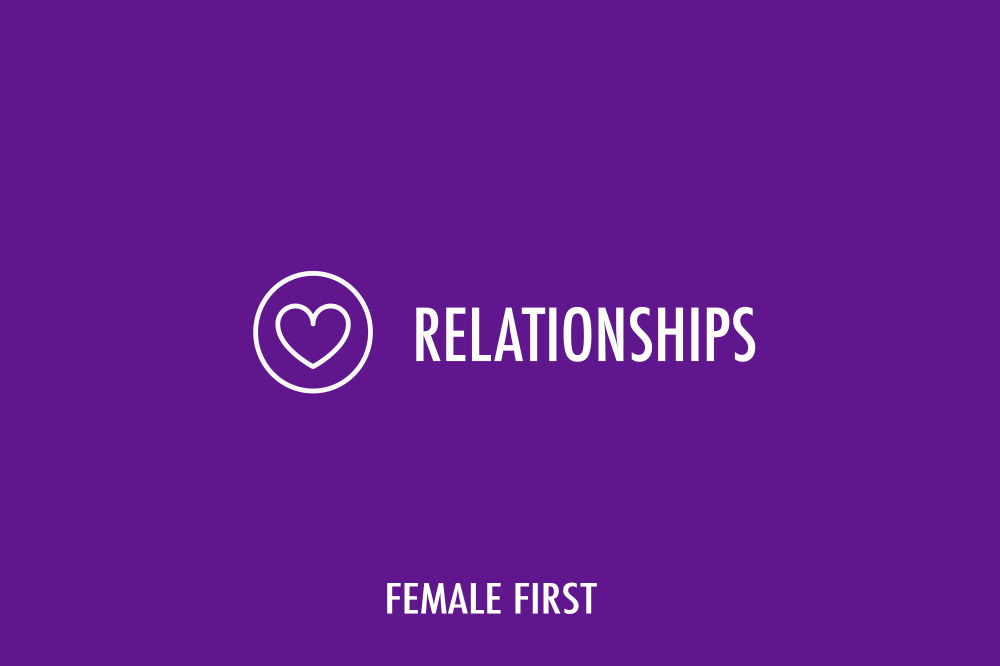Obsessive Compulsive Disorder (OCD) can be debilitating for those suffering with it, but it’s also difficult for family members too. Here’s ten top tips to support a partner with OCD.

Relationships on Female First
Working Together
OCD can be frustrating for your partner, and for you. For many, this frustration can lead to arguments and anger towards each other, when the symptoms which are leading to the frustrations aren’t either person’s fault, it’s the fault of the OCD, so try to unite against the OCD rather than against each other.
Use Relaxation Techniques
Stress shuts down the rational thinking part of our brain and makes us think in a black and white way. This increases the chances of arguments and OCD symptoms getting worse. The antidote to stress is relaxation, by using mindfulness and relaxation techniques like 7/11 breathing, where you breathe in deeply counting to 7, and then breathe out counting to 11, you can support each other in relaxing in situations that are causing anxiety. To beat OCD your partner needs to learn to be able to tolerate the uncertainty of not carrying out OCD symptoms. Mentally rehearsing not carrying out OCD behaviours while in a relaxed state of mind can help with this.
What’s Different?
Even in the worst cases there are times when the symptoms aren’t as bad, and even times when symptoms don’t occur. Work with your partner to identify these times, and identify what is different about those times. You can use this knowledge to do more of what reduces the symptoms.
Encourage
Showing you believe in your partner, and believe that an OCD free future is possible can help them to stay on track and to stay motivated when they are struggling. Praise their efforts, regardless of whether they succeed or not, and praise that they have managed to get through difficult times, even if in these times, they challenged the OCD symptoms, but eventually gave in to the OCD.
Scaling
Encourage your partner to use scaling in a diary to rate 1-10 (with 10 being the worst the OCD can be, and 1 being OCD free) how the OCD was on any given day. They can also be asked “on a scale of 1-10 how is the OCD currently” to help them see over time that the OCD’s hold over them isn’t static, there are times it is weaker, and times it is stronger. Often during the OCD, it feels as bad as it has always felt. It is only by engaging the rational brain and reducing the involvement of the emotional brain that they can recognise it varies over time.
Avoid Collusion
It’s easy to accidentally collude with your partner over the OCD. They may ask for your reassurance, like asking for confirmation that they turned off the oven, or locked the front door. By giving this confirmation they may feel better short term, but they can become reliant on you rather than learning to accept the uncertainty of the situation, and learning to trust themselves. Helping with the obsessive behaviours may lead to an easier home life, but it also reinforces and keeps the OCD in place. The aim should be to have home life as normal as possible, and do what you can to ensure OCD isn’t becoming a dictator in the home.
Educate Yourself
Learn as much as you can about OCD, what it is, how it takes hold, and what helps to treat OCD, and to understand what OCD is like for people with it. This will help you to know what you can do and what support is available. It will also help you to recognise the obsessive compulsive behaviours your partner does because of the OCD, which will help you to remain calmer when supporting them.
Give Yourself Me-Time
If you don’t look after yourself then you will struggle to support your partner. It is important to take time out for yourself, to spend time with friends, and other family members where you don’t talk about OCD, to do activities or hobbies that help you relax.
Reduce The Focus On OCD
It is easy for relationships where one partner has OCD to become focused on it. Don’t dismiss the fact that they have OCD, but try not to encourage the focus. Discuss making time when you won’t talk about it, or even better, agree on specific times when you are happy to talk about it.
Attend Therapy Sessions
It’s important they seek appropriate support to tackle the OCD but it can be helpful for you to attend therapy sessions. If they are being taught specific techniques for managing stress, or for challenging their thinking, it’s usefull for you to know these techniques so you can help them put them into practice when they are becoming emotional and struggling to remember them.
Dan Jones is a psychological therapist with www.themindchangers.co.uk, a not-for-profit company offering self-help downloads, CD’s, DVD’s, and advice around areas like stress, anxiety, and sleep. He has over 15 years’ experience working with clients with anxiety disorders and depression.
tagged in Partner
